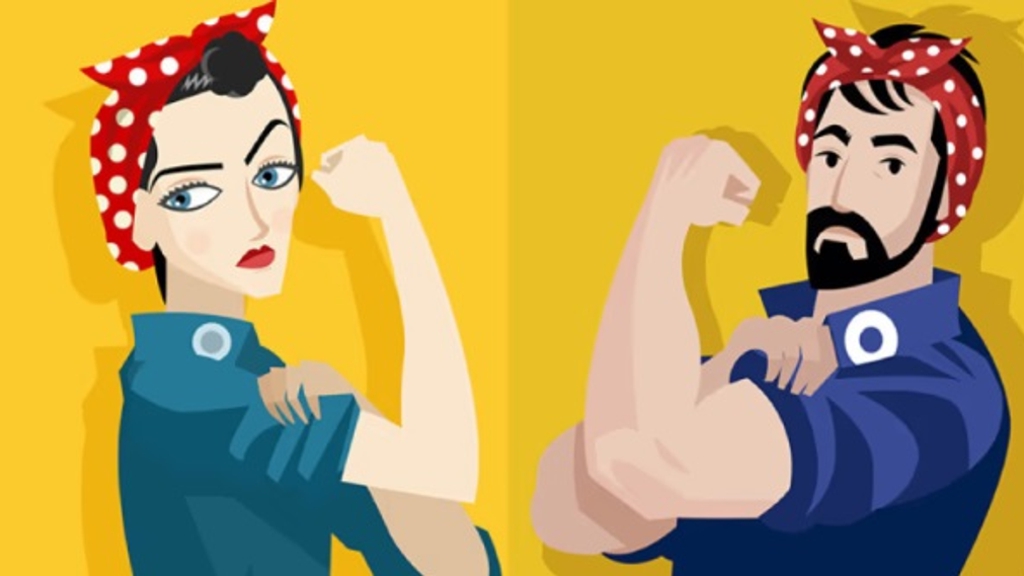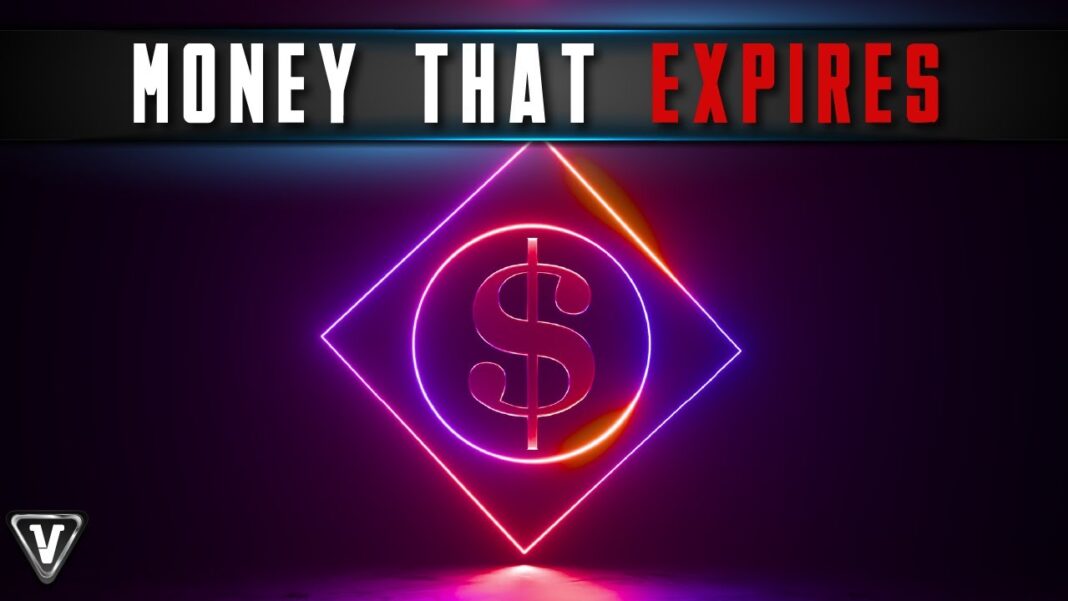On November 30, Munk Debates posted their one-and-a-half-hour debate, “Mainstream Media: Be it Resolved, Don’t Trust Mainstream Media.” Four panelists argued: two in favor of the resolution and two opposed to it. The intriguing full debate is available on above.
Stage right was the pro-team, Matt Taibbi and Douglas Murray. Stage left was the con-team, Malcolm Gladwell and Michelle Goldberg.
Taibbi, a reporter for 30 years and of recent “Twitter Files” notoriety, opened with the comment that the news business has gotten away from its basic function which is “just to tell us what is happening.” “We’re not supposed to thumb the scale. Our job is to call things as we see them and leave the rest up to you. But we don’t do that now.”
“Instead of starting with a story and following the facts, you start with what pleases the audience and work backward to the story.” “Serious accusations are made without calling people for comment.”
His take on how trust in the mainstream media can be restored is “doing a good job over and over and over again, not getting things wrong, and when you do get things wrong, admitting it.”
Goldberg, an Op-Ed columnist for The New York Times describes herself as “kind of one of the liberal columnists.” In her opening statement, she apologized for the media—”The media is full of human beings who are subject to all of the frailties that human beings are subject to.”
She repeatedly viewed the non-mainstream media as “contrarians” and as her debate partner, she tossed in the racism claim when she expressed astonishment that during her coverage of the Ottawa Trucker Protest, she did not encounter “unsavory and sometimes racist ideas” of the “far right.”
She claimed that the media is “self-correcting” and that if readers pay attention to the mainstream media, they are “likely to be much safer and much closer to the truth” than if they follow the “contrarians.”
Goldberg defended the mainstream media’s inattention and burying of the Hunter Biden laptop story by saying, “The media has covered this but they have also been, I think careful, given the fact that this stuff still cannot be authenticated.” Taibbi’s response to this claim was that the mainstream media went beyond not covering the laptop story, they wrote stories that it was “Russian disinformation.”
Douglas Murray, a British author and journalist, summarized his debate opponents’ point of view—“We get things wrong quite often but you should trust us.” Certainly exaggerating, Murray said, “Ever since 2016, there has not been one story in the New York Times that’s positive about Britain.”
In response to Gladwell’s complaint that there’s a fact-checking failure in media, Murray said, “Not to get too mean, Malcolm, I read your book ‘David and Goliath.’ The chapter on Northern Ireland is more filled with inaccuracies than any other chapter in a non-fiction book I have read.”
Malcolm Gladwell is an author. During the debate, he made a number of racial references. He said that if the debate had occurred in the 1950s and 1960s, neither he nor Goldberg would have been on the stage (Gladwell is the child of an interracial marriage; Goldberg is a Jewish woman). He said that during the same era, “The mainstream media was populated entirely by white men from elite schools.” He characterized journalists from the 1950s and 1960s as a “cabal of high-minded, well-paid elite whites.” His contribution to the discourse was mostly one of derision toward whites.
Though the debate is timely and good theater, Munk Debates did poorly in their selection of Goldberg and Gladwell as neither were sharp or effective. On the other hand, Taibbi and Murray were excellent choices as they were both on-point and undistracted by their opponents’ cheap shots.







